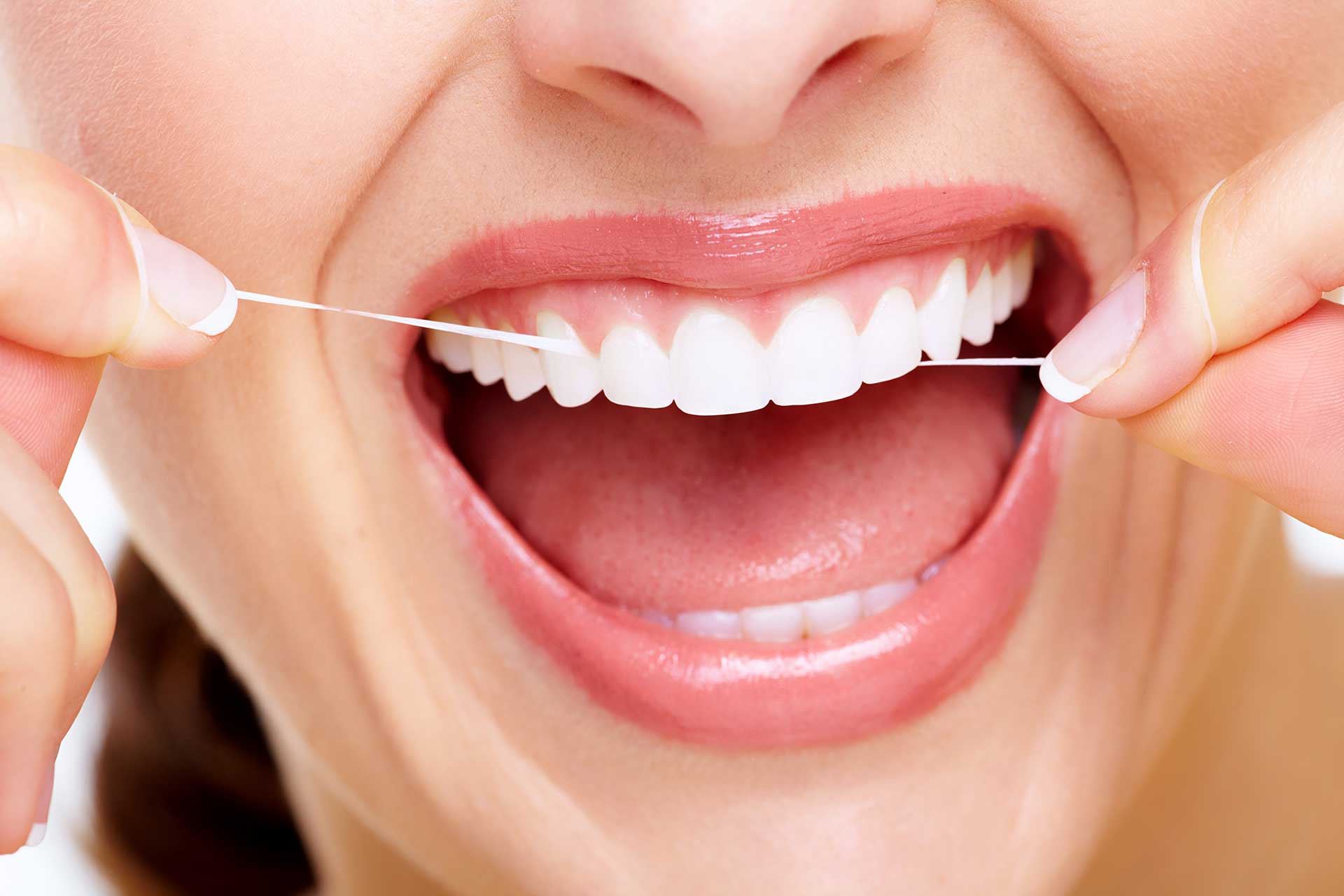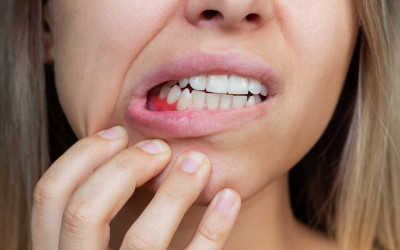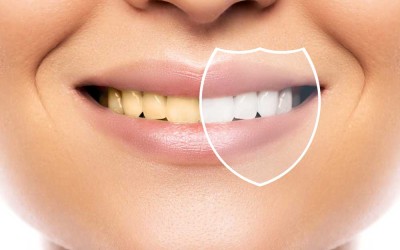Precautions to Take to Prevent Tooth Decay

Precautions to Take to Prevent Tooth Decay
- 15 May 2023
- 8833 views
Dental caries can occur due to factors such as cracks on the surface of the teeth or damage caused by abrasive substances left on the teeth.
This content is for informational purposes only and does not replace medical advice, diagnosis, or treatment. Please consult a healthcare professional for any health concerns.
Table of Contents
Tooth decay can be caused by various reasons such as cracks, cavities or damage caused by abrasive substances on the top of the teeth. In addition, lack of brushing and flossing can also lead to tooth decay. If left untreated, tooth decay can cause toothache, tooth loss and other health problems. Therefore, tooth decay should be detected and treated at early stages.
What is Tooth Decay?
Tooth decay is a disorder that occurs in the teeth due to acid attacks on the tooth enamel. These acid attacks are caused by bacteria in the mouth breaking down glucose and other sugars, which damages the tooth enamel. Over time, the acids penetrate into the tooth enamel and reach deeper layers of the tooth, worsening the tooth decay.
What are the Causes of Tooth Decay?
Tooth decay is a disorder that occurs in the teeth. It is a hollowing and deterioration of the tooth enamel due to acid erosion.
The factors that cause tooth decay are as follows:
- Inadequate brushing and flossing of teeth
- Dietary habits (excessive consumption of sugary and starchy foods)
- Inability to clean teeth properly
- Smoking or using tobacco products
- Dry mouth syndrome
- Frequent consumption of acidic foods and beverages
- Gum diseases
- Improper brushing or misuse of the brush
- Frequent cracking or fracturing of teeth
What are the Symptoms of Tooth Decay?
The symptoms of tooth decay include:
- Pain: Teeth affected by dental caries are usually painful
- Sensitivity: Decayed teeth are also sensitive
- Discoloration: Decayed teeth change color. These color changes are usually in the form of brown, black or white spots.
- Gum sensitivity: Decayed teeth can cause sensitivity in the gums.
- Bad breath: Bad breath in the mouth is a sign of bacterial activity caused by tooth decay.
- Visual indicators: Cavities or cracks in the teeth can indicate the progression of tooth decay.
How is Tooth Decay Treated?
Treatment for tooth decay depends on the size of the cavity and the condition of the tooth. The treatment options for dental caries include:
- Fillings: Tooth decay can be treated by a dentist cleaning out the decayed area and filling it with filling material.
- Root canal treatment: If the decay has progressed to the pulp (nerve and blood vessels) of the tooth, the dentist may perform a root canal therapy.
- Veneers or Crowns: Teeth that have been severely damaged can be covered with a special coating called a veneer or crown.
- Tooth extraction: If the decay has progressed and the dentist does not see another treatment option, the tooth may need to be extracted.
How to Prevent Tooth Decay?
Tooth decay can be prevented by proper nutrition, good dental hygiene and regular dental check-ups. Here are some recommendations to prevent tooth decay:
- Brush your teeth regularly: Brush your teeth at least twice a day. Your toothbrush should be firm enough to clean the plaque from your teeth without damaging them. It is also recommended to replace your toothbrush every three months.
- Use dental floss: Using dental floss can help remove food particles between your teeth and prevent decay.
- Use mouthwash: Using mouthwash can kill bacteria in your mouth and reduce the risk of tooth decay.
- Eat a healthy diet: Limit sugary and acidic foods and drinks. Eat more vegetables, fruits, whole grains and protein-rich foods.
- Have regular dental check-ups: Visit your dentist regularly for check-ups. Tooth decay can be treated more easily when detected early.
- Use fluoride: Fluoride helps strengthen tooth enamel and prevent tooth decay. You can use fluoride toothpaste and mouthwash. Your dentist can also apply fluoride treatment.







